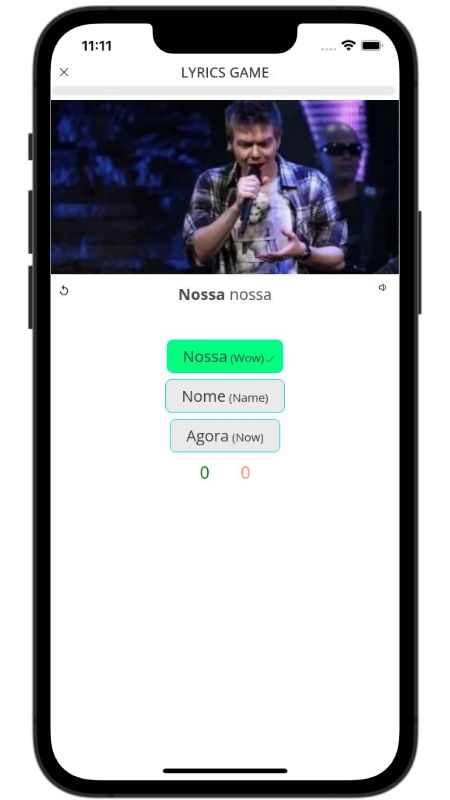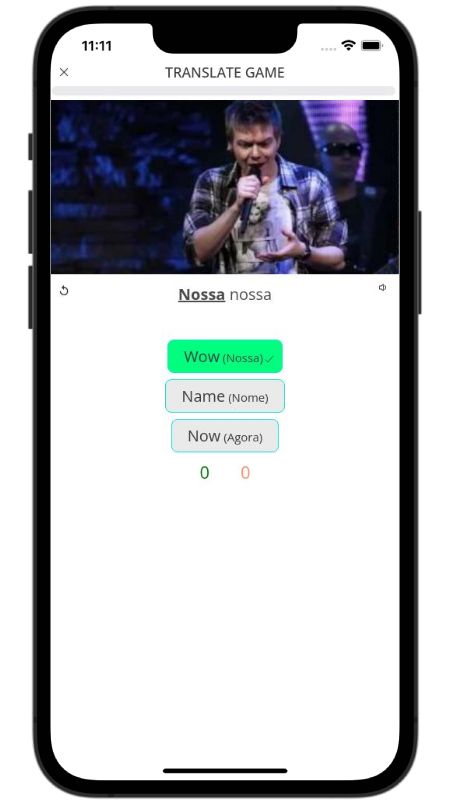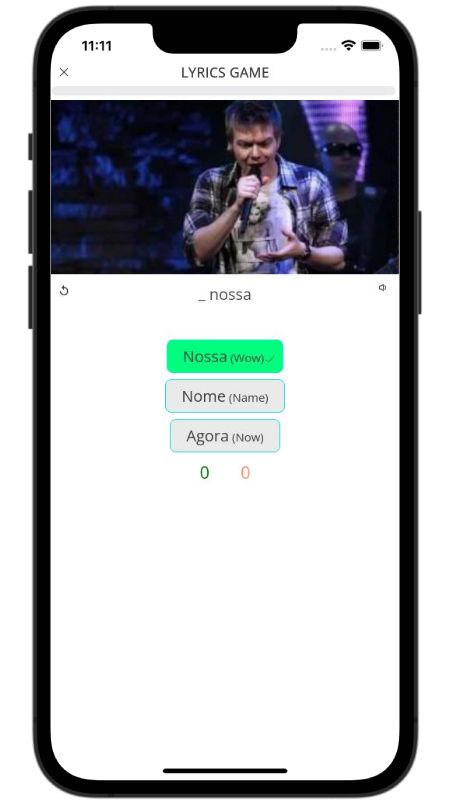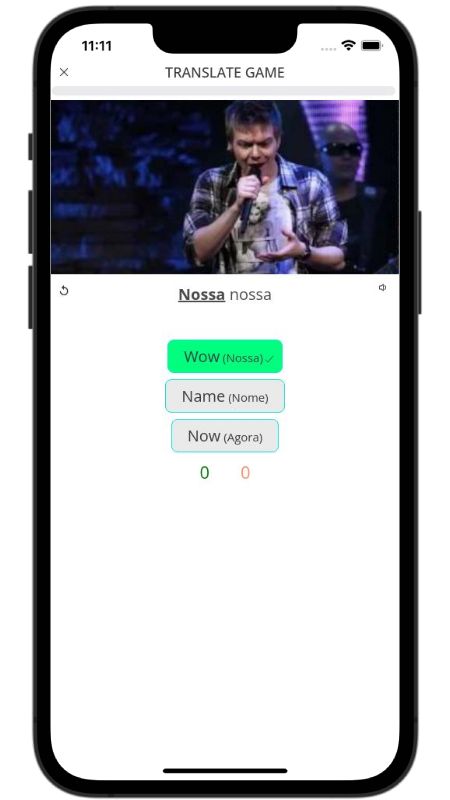Tata Lyrics in English Slow J
Below, I translated the lyrics of the song Tata by Slow J from Portuguese to English.
Tata Wanange, how long till I find you?
Hard not to see how much time it'll cost us
One day I'll take the hood by storm
To kill the longing, for us to come back
Then I'll take the world by storm
'Cause I'm not tired, I'm just showing them
Tata Wanange, how long till I find you?
Hard not to see how much time it'll cost us
One day I'll take the hood by storm
To kill the longing, for us to come back
Then I'll take the world by storm
'Cause I'm not tired, I'm just showing them
Verse 1
I can't even recall the first time the old man said
'Your old man's tired' The old man was sad
And I never heard him complain, the old man's real tough
But the dripping water's heavy in this life, Luís
Every now and then you've gotta clean the house
Look at what doesn't serve and throw it in the trash
Yeah, let the wound turn into a scar
Yeah, life's dance gave me melodies
Dad, I only spoke the truth like you taught me, yeah
I'm the same son you raised, yeah
I'm grateful, I don't lack a thing
I stay firm, I'm chasing after it
If Dino said to change the anthem, he said it
Bro, I'm already talking too much
If I ask, I go from brother to cousin
Don't I? Homeland, but who are your parents?
Tata Wanange, how long till I find you?
Hard not to see
How much time it'll cost us
One day I'll take the hood by storm
To kill the longing, for us to come back
Then I'll take the world by storm
'Cause I'm not tired, I'm just showing them
Tata Wanange, how long till I find you?
Hard not to see
How much time it'll cost us
One day I'll take the hood by storm
To kill the longing, for us to come back
Then I'll take the world by storm
'Cause I'm not tired, I'm just showing them
Lyrics and Translations Licensed & Provided by LyricFind
Did you like these lyrics?
Did you know?
In addition to reading lyric translations, you can now learn Portuguese with music and lyrics from your favorite artists.
No more boring lessons. You can now learn with engaging and culturally relevant lyrics from the best artists.
Apple and App Store are trademarks of Apple Inc.
Google Play and the Google Play logo are trademarks of Google LLC.
iOS AppAndroid AppWeb LessonsJoin ClassroomLyrics TranslationLyricsBlogAbout UsFree PDF WorksheetsBuy as Gift











